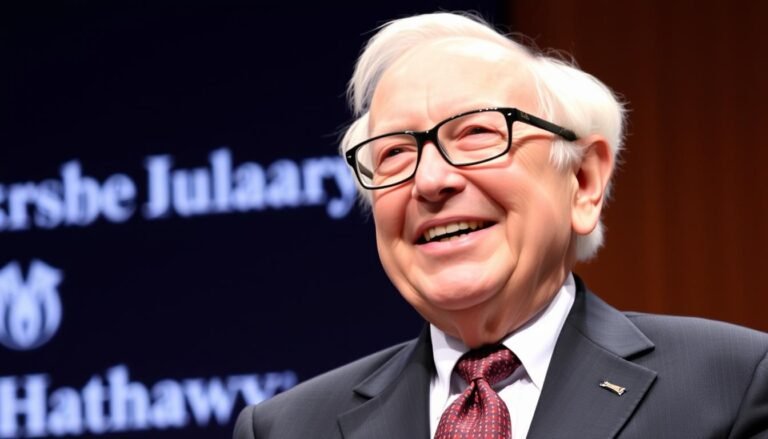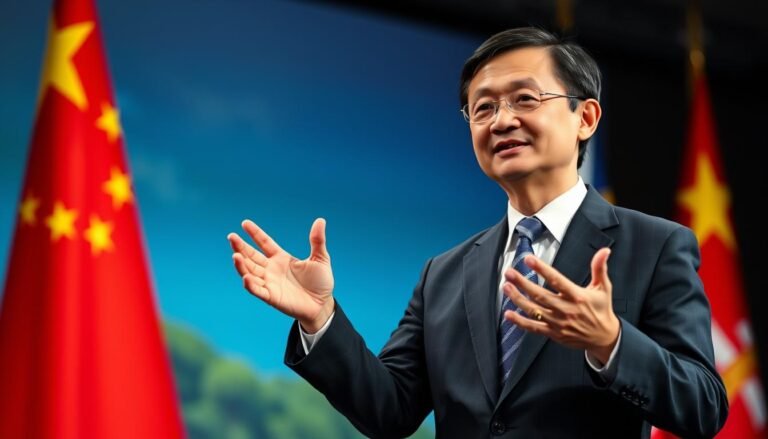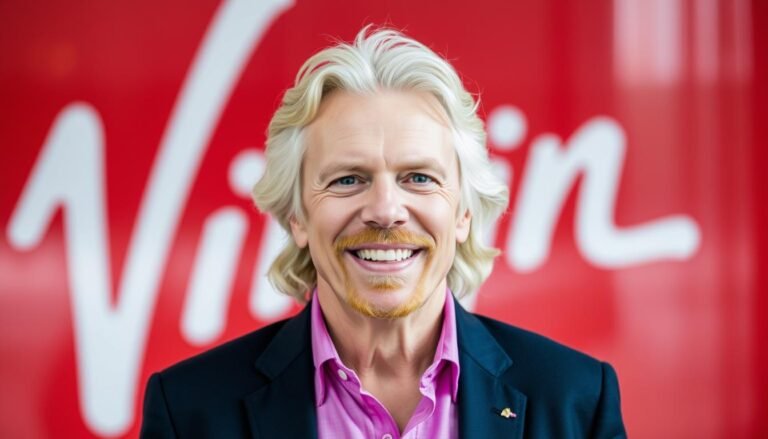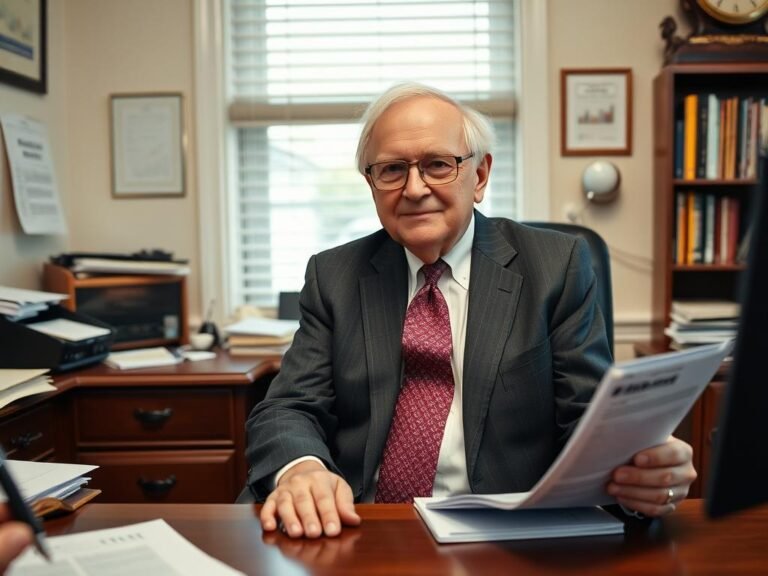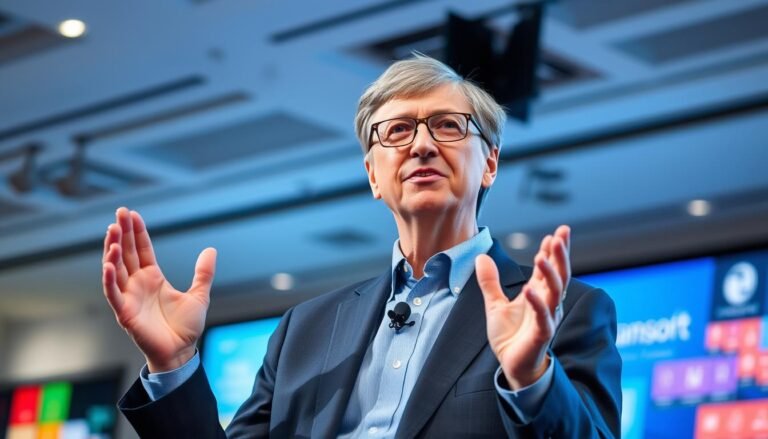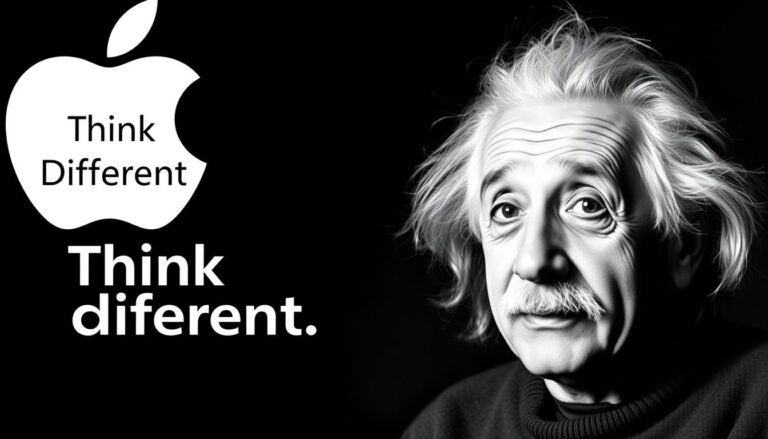Oprah Winfrey: The Queen of Media and Her Legacy
From a childhood marked by poverty in rural Mississippi to becoming the first African American female billionaire, Oprah Winfrey’s journey embodies the quintessential American dream. Her revolutionary approach to television transformed the media landscape, while her business acumen built an empire spanning television, film, publishing, and digital platforms. More than just a talk show host, Oprah Winfrey became a cultural phenomenon whose influence extends far beyond entertainment—touching millions through her philanthropy, advocacy, and unique ability to connect with audiences on a deeply personal level.
Early Life and Challenges
Born on January 29, 1954, in Kosciusko, Mississippi, Oprah Gail Winfrey entered the world in circumstances that gave little indication of her future success. Raised initially by her grandmother on a farm so primitive it lacked indoor plumbing, young Oprah found solace and opportunity in education. Her grandmother taught her to read before age three, and soon she was reciting poems and Bible verses in local churches, earning her the nickname “The Preacher.”
At age six, Winfrey moved to Milwaukee to live with her mother, where her life took a traumatic turn. Between the ages of nine and thirteen, she endured sexual abuse at the hands of male relatives and visitors—experiences that would later inform her advocacy work. By fourteen, she was on her own after a failed attempt to run away. Following the birth and death of a premature baby boy, she moved to Nashville to live with her father, Vernon Winfrey.
Under her father’s strict but supportive guidance, Oprah flourished academically. “As strict as he was,” Oprah later recalled, “he had some concerns about me making the best of my life, and would not accept anything less than what he thought was my best.” This structured environment proved transformative. She became an honor student, won oratory competitions, and at seventeen, was crowned Miss Black Tennessee.
Her broadcasting career began at age 19 when she joined WVOL radio in Nashville while attending Tennessee State University on a full scholarship. In 1976, she moved to Baltimore to co-anchor WJZ-TV News, where she later co-hosted her first talk show, People Are Talking. The turning point came in 1984 when she relocated to Chicago to host the struggling morning program AM Chicago. Within months, she had transformed it into the city’s highest-rated talk show, outperforming Phil Donahue’s national program.
The Oprah Winfrey Media Empire
The Oprah Winfrey Show: Revolutionizing Daytime Television
In September 1986, The Oprah Winfrey Show went into national syndication, quickly becoming the number one talk show in America. The program’s unprecedented 25-year run (1986-2011) transformed daytime television and established Oprah as a household name. At its peak, the show reached approximately 13.1 million U.S. viewers daily and was broadcast in 145 countries, generating annual revenues exceeding $300 million.
What distinguished Oprah’s approach was her willingness to share her own struggles and vulnerabilities, creating an intimate connection with viewers. Media analysts coined the term “Oprahfication” to describe her unique format that blended public confession with personal therapy. By the mid-1990s, she had shifted the show’s focus from sensationalism to self-improvement, spirituality, and literature—a move that only increased her popularity and cultural influence.
“I don’t believe in failure. It’s not failure if you enjoyed the process.”
Harpo Productions: Taking Control
In 1986, Winfrey established Harpo Productions, Inc. (Oprah spelled backward), marking a pivotal moment in her career. In 1988, she acquired ownership and all production responsibilities for The Oprah Winfrey Show from Capital Cities/ABC, becoming the first woman in history to own and produce her own talk show. This strategic move gave her complete creative control and positioned her to expand into other media ventures.
Through Harpo Productions, Winfrey produced numerous television programs and films, including the television miniseries The Women of Brewster Place (1989), Before Women Had Wings (1997), and the feature film adaptation of Toni Morrison’s Beloved (1998). The company also launched the careers of several media personalities, including Dr. Phil McGraw, Dr. Oz, and Rachael Ray, all of whom were frequent guests on her show before receiving their own Harpo-produced programs.
OWN: The Oprah Winfrey Network

In 2011, following the conclusion of her talk show, Winfrey launched the Oprah Winfrey Network (OWN) in partnership with Discovery Communications. The cable network, which replaced the Discovery Health Channel, represented Oprah’s most ambitious media venture to date. Despite initial struggles, OWN eventually found its footing with successful programs like Oprah’s Next Chapter, Super Soul Sunday, and scripted series from filmmaker Tyler Perry.
By 2018, the network was reaching approximately 70 million homes and had become particularly successful with African American female viewers. Though Discovery acquired a majority stake in OWN in 2017, Winfrey maintained significant involvement in the network’s operations and content development, with a contract extending through 2025.
Print Media and Digital Presence
In 2000, Winfrey expanded her media footprint with the launch of O, The Oprah Magazine. The publication’s debut was the most successful start-up in magazine history, with an initial circulation of 2.5 million copies. The magazine featured articles on personal growth, health, relationships, fashion, and beauty, all reflecting Oprah’s philosophy of living your best life.
Though the print edition ceased regular publication in 2020 after a 20-year run, it evolved into a digital platform called Oprah Daily, with a quarterly print edition, O Quarterly. Winfrey also maintains a significant online presence through Oprah.com and various social media platforms, where she continues to engage with her audience and promote her various projects.
Film and Acting Career

While building her media empire, Winfrey also pursued acting opportunities. Her breakthrough role came in 1985 with Steven Spielberg’s adaptation of Alice Walker’s novel The Color Purple, where she played Sofia. Her powerful performance earned her Academy Award and Golden Globe nominations for Best Supporting Actress.
Other notable film roles include Native Son (1986), Beloved (1998), The Butler (2013), and Selma (2014), which she also produced. She has lent her voice to animated films including Charlotte’s Web (2006), The Princess and the Frog (2009), and appeared in the 2018 adaptation of A Wrinkle in Time. In 2021, she produced and starred in the HBO film The Immortal Life of Henrietta Lacks.
Strategic Partnerships
Winfrey’s business acumen extends to strategic partnerships that have further expanded her influence and wealth. In 2015, she purchased a 10% stake in Weight Watchers (now WW) for approximately $43 million. The investment proved lucrative as the company’s stock soared following the announcement, and Winfrey became the face of the brand’s campaigns.
In 2018, she entered into a multi-year content partnership with Apple, creating original programs exclusively for Apple TV+. The collaboration has produced shows like Oprah’s Book Club, The Oprah Conversation, and Oprah Talks COVID-19. She has also partnered with Kraft Heinz on a line of refrigerated soups and side dishes called O, That’s Good!
Philanthropy and Advocacy

Oprah Winfrey’s philanthropic efforts are as impressive as her media accomplishments. In 1998, she established Oprah’s Angel Network, a public charity that supported philanthropic initiatives worldwide. The organization raised more than $80 million before closing in 2010 when her talk show ended. Winfrey personally covered all administrative costs, ensuring that 100% of donations went directly to charitable projects.
Her most ambitious philanthropic venture came in 2007 with the opening of the Oprah Winfrey Leadership Academy for Girls in South Africa. Winfrey invested $40 million to build the state-of-the-art school, which provides education to academically gifted girls from disadvantaged backgrounds. Despite criticism about the school’s cost and perceived elitism, Winfrey defended her vision: “If you are surrounded by beautiful things and wonderful teachers who inspire you, that beauty brings out the beauty in you.”
Education has been a consistent focus of Winfrey’s giving. She has donated millions to Morehouse College, providing over 400 scholarships. In 2013, she gave $12 million to the Smithsonian’s National Museum of African American History and Culture. By 2012, she had donated approximately $400 million to educational causes.
Winfrey has also been a vocal advocate for children’s rights. Motivated by her own experiences of childhood abuse, she testified before a U.S. Senate Judiciary Committee in support of a National Child Protection Act. The legislation, signed into law in 1993 and nicknamed the “Oprah Bill,” established a national database of convicted child abusers.
Her advocacy extends to women’s rights and racial justice. She has supported the #MeToo movement and produced programming addressing systemic racism, including the 2020 special “Where Do We Go From Here?” following the killing of George Floyd. In 2018, she delivered a powerful speech at the Golden Globes while accepting the Cecil B. DeMille Award, addressing gender and racial inequality in a way that prompted calls for her to run for president.
Oprah’s Philanthropic Impact
- Over $400 million donated to educational causes
- $40 million invested in the Oprah Winfrey Leadership Academy for Girls
- More than $80 million raised through Oprah’s Angel Network
- 400+ scholarships provided to Morehouse College students
- $12 million donated to the National Museum of African American History and Culture
Controversies and Criticisms
Despite her overwhelming success and positive influence, Oprah Winfrey has faced her share of controversies and criticisms throughout her career. As with any public figure of her stature, her actions and statements have occasionally drawn scrutiny and debate.
One recurring criticism involves what some call “toxic positivity”—the promotion of positive thinking as a cure-all for life’s problems. Critics argue that this approach can oversimplify complex issues and place undue responsibility on individuals for circumstances beyond their control. The philosophy behind “The Secret,” which Winfrey heavily promoted in 2007, received particular criticism from skeptics who viewed its “law of attraction” premise as pseudoscientific.

Her platform has also been criticized for promoting questionable medical advice. Guests like Dr. Oz and Jenny McCarthy have used appearances on her show to advance claims not always supported by mainstream science. In particular, McCarthy’s anti-vaccination stance and Dr. Oz’s promotion of “miracle” weight loss supplements have drawn criticism from the medical community, with some arguing that Winfrey’s endorsement lent these views unwarranted credibility.
The James Frey controversy in 2006 represented another challenging moment. After selecting Frey’s memoir A Million Little Pieces for her book club, it was revealed that he had fabricated or exaggerated significant portions of the book. Initially, Winfrey defended him on Larry King Live, but later invited him back to her show for a confrontational interview where she acknowledged feeling “duped” and criticized him for betraying readers’ trust. Years later, she apologized to Frey for the public confrontation.
Some critics have also questioned her interviewing style, suggesting she doesn’t always ask tough follow-up questions of guests she appears to like. Others have noted that her tremendous wealth and privilege can sometimes create a disconnect between her and the everyday struggles of her audience.
In the media industry, there have been criticisms about the careers she helped launch. Dr. Phil and Dr. Oz, both of whom gained prominence through Winfrey’s platform, have faced their own controversies. Some have called on Winfrey to denounce certain statements made by her former protégés, particularly regarding medical issues.
Despite these criticisms, Winfrey has demonstrated a willingness to acknowledge mistakes and evolve her thinking. Her ability to maintain her audience’s trust while navigating controversies speaks to her authenticity and the deep connection she has established with her followers over decades in the public eye.
Legacy and Influence

Oprah Winfrey’s legacy extends far beyond her media achievements. As the first Black female billionaire and one of the most influential women in the world, she has redefined what’s possible for women, particularly women of color, in business and media. TIME magazine named her one of the 100 most influential people of the 20th century, and she has consistently ranked among the most admired women in America in Gallup polls.
Her impact on television cannot be overstated. By creating a more intimate, confessional form of media communication, she transformed the talk show format. The emotional connection she established with viewers created a new template for authentic engagement that continues to influence media personalities today. Her ability to discuss difficult topics—from sexual abuse and addiction to racism and spirituality—helped normalize conversations about previously taboo subjects.
In the publishing world, Oprah’s Book Club demonstrated the power of celebrity endorsement while also promoting literacy and thoughtful engagement with literature. Many credit her with revitalizing interest in reading at a time when books faced increasing competition from other forms of entertainment.
Winfrey’s entrepreneurial success has inspired countless business leaders, particularly women. Her decision to own her content and build a diversified media empire provided a blueprint for modern celebrity entrepreneurs. Media analyst Janice Peck noted, “She showed that authenticity and vulnerability could be powerful business assets, not liabilities.”
Her mentorship has launched numerous careers. Dr. Phil McGraw, Dr. Mehmet Oz, Suze Orman, Rachael Ray, and Gayle King all benefited from Winfrey’s platform and guidance. Though some of these protégés have faced their own controversies, their success demonstrates Winfrey’s eye for talent and her willingness to share the spotlight.
Perhaps most significantly, Winfrey changed the cultural conversation around personal growth and spirituality. She popularized the language of self-improvement and brought concepts from psychology, spirituality, and personal development to mainstream audiences. Her emphasis on living authentically and finding one’s purpose resonated with millions seeking meaning in their lives.
The honors bestowed upon her reflect her extraordinary impact. She has received the Presidential Medal of Freedom, Kennedy Center Honors, the Jean Hersholt Humanitarian Award from the Academy of Motion Picture Arts and Sciences, and numerous Emmy Awards. In 2021, she was elected to the American Academy of Arts and Sciences, further cementing her status as a cultural icon.
As journalist and cultural critic Touré observed, “Oprah didn’t just build a media empire; she created a new way of being in public life—authentic, vulnerable, and purposeful. Her true legacy is showing that you can achieve extraordinary success while remaining true to your values and committed to lifting others.”
What is Oprah Winfrey’s net worth?
As of 2023, Oprah Winfrey’s net worth is estimated at approximately $2.5 billion, making her one of the wealthiest self-made women in America. Her wealth comes from her media ventures, strategic investments, and real estate holdings. Her stake in Weight Watchers (WW) alone has generated hundreds of millions in value since her initial investment in 2015.
Did Oprah Winfrey ever run for political office?
Despite public speculation and encouragement, particularly following her powerful 2018 Golden Globes speech, Oprah Winfrey has never run for political office. She has stated that while she’s flattered by the suggestion, she doesn’t feel it’s her calling. She has, however, been politically active, most notably endorsing Barack Obama in the 2008 presidential election and supporting various candidates and causes throughout her career.
What is Oprah’s relationship with Stedman Graham?
Oprah Winfrey and Stedman Graham have been in a relationship since 1986. Though they were engaged to be married in 1992, the ceremony never took place. Winfrey has explained that their relationship works because it doesn’t fit traditional expectations. “Had we married, we would not be together today,” she told Vogue in 2017, explaining that the conventional expectations of marriage would have conflicted with her unconventional life and career.
Little-Known Facts About Oprah Winfrey

Birth Name
Oprah was actually born “Orpah” Gail Winfrey, named after a biblical figure from the Book of Ruth. However, people frequently mispronounced it, and eventually “Oprah” stuck. Her birth certificate still reads “Orpah.”
Early Pageant Success
At age 17, Winfrey won the Miss Black Tennessee beauty pageant, which led to a job offer at WVOL radio in Nashville. This early opportunity helped launch her broadcasting career while she was still in high school.
Marathon Runner
In 1994, Oprah completed the Marine Corps Marathon in Washington, D.C., finishing in 4 hours, 29 minutes, and 20 seconds. Her training and completion of the marathon inspired many viewers to take up running, creating what some called the “Oprah effect” in marathon participation.
Ancestral Roots
Through genetic testing, Oprah discovered that her maternal line originated with the Kpelle people from the area that is now Liberia. Her genetic makeup was determined to be 89% Sub-Saharan African, 8% Native American, and 3% East Asian.
Presidential Connection
Oprah’s endorsement of Barack Obama in the 2008 Democratic primary was her first-ever political endorsement. Economists at the University of Maryland estimated that her support generated approximately one million votes for Obama during the primary season.
Oprah on Resilience

“Turn your wounds into wisdom. You will be wounded many times in your life. You’ll make mistakes. Some people will call them failures but I have learned that failure is really God’s way of saying, ‘Excuse me, you’re moving in the wrong direction.’ It’s just an experience, just an experience.”
This powerful quote encapsulates Oprah Winfrey’s philosophy on resilience and personal growth. Throughout her life, she has transformed her own painful experiences into sources of strength and wisdom. From her challenging childhood to professional setbacks, Winfrey has consistently demonstrated the ability to learn from difficulties and emerge stronger.
Her message resonates with millions because it acknowledges the inevitability of pain while offering a constructive framework for processing it. Rather than viewing wounds as permanent damage, she sees them as opportunities for transformation. This perspective has informed not only her personal journey but also her approach to helping others through her various media platforms.
Winfrey’s emphasis on reframing “failures” as directional guidance reflects her spiritual outlook. She doesn’t deny the reality of suffering but instead encourages finding meaning in it. This resilience-focused mindset has been a consistent thread throughout her career, from her early talk show episodes addressing trauma to her more recent work promoting emotional wellness and spiritual growth.
Conclusion

From reciting Bible verses in rural Mississippi churches to becoming one of the world’s most influential media figures, Oprah Winfrey’s journey embodies the transformative power of resilience, authenticity, and purpose. Her ability to connect with audiences on a deeply personal level revolutionized television and created a template for authentic engagement that continues to influence media today.
Beyond her media accomplishments, Winfrey’s business acumen established a new paradigm for celebrity entrepreneurship. By maintaining ownership of her content and building a diversified media empire, she created unprecedented wealth and influence. Her success opened doors for countless women, particularly women of color, in business and entertainment.
Her philanthropic work, especially in education, has changed thousands of lives directly and millions more through inspiration. The Oprah Winfrey Leadership Academy for Girls stands as a physical manifestation of her belief in education’s power to transform lives, just as it transformed her own.
Perhaps Winfrey’s most enduring legacy is how she changed the cultural conversation around personal growth, emotional wellness, and spirituality. By bringing these topics into mainstream discourse, she created space for millions to engage with life’s deeper questions and pursue their own paths to fulfillment.
As she continues to evolve her media presence and philanthropic efforts, Oprah Winfrey remains a singular figure in American culture—a self-made billionaire who never lost touch with the human experiences that connect us all. Her story reminds us that our greatest challenges can become our greatest strengths, and that authentic connection is the most powerful force in media and in life.
Discover More About Media Pioneers
Want to explore the journeys of groundbreaking media personalities who transformed the industry? Join our newsletter for weekly insights into the lives and strategies of media innovators.
The Oprah Effect
The term “Oprah Effect” was coined to describe Winfrey’s extraordinary influence on consumer behavior. Her book club selections routinely became instant bestsellers, adding millions in sales. When she featured a product on her “Favorite Things” episode, companies often saw their websites crash from the surge in traffic. Her endorsement of Barack Obama in the 2008 presidential primary was estimated by economists to have generated approximately one million votes for his campaign.
Oprah’s Book Club
Launched in 1996, Oprah’s Book Club became one of the most influential forces in publishing. Her selections, which ranged from contemporary fiction to classics, consistently topped bestseller lists. Authors like Toni Morrison, Cormac McCarthy, and Isabel Allende saw their sales skyrocket after receiving Oprah’s endorsement. The club has evolved across platforms, from her talk show to O Magazine, and now continues on Apple TV+ and Oprah.com.
Explore Oprah’s Book Recommendations
Discover the transformative books that have shaped Oprah’s thinking and inspired millions of readers worldwide. Get access to the complete list of Oprah’s Book Club selections and exclusive reading guides.
Explore More Media Pioneers
Interested in learning more about groundbreaking figures in media and entertainment? Subscribe to our newsletter for weekly profiles, exclusive interviews, and in-depth analysis of the personalities who have shaped our cultural landscape.
Stay Inspired by Media Trailblazers
Join our community of media enthusiasts to receive weekly insights about influential personalities who have shaped our cultural landscape. Get exclusive content, inspiring stories, and expert analysis delivered directly to your inbox.


